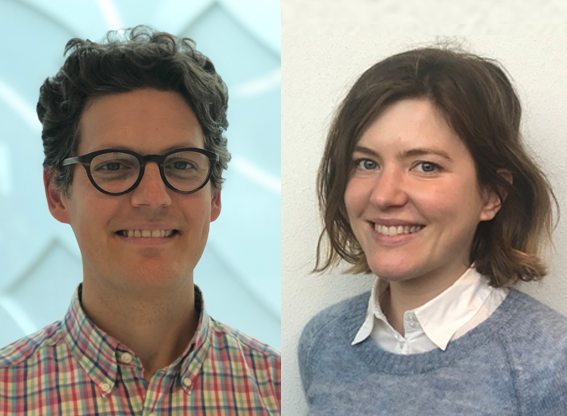Seminar | Dr Joep Vissers & Dr Fanny Franchini

Lecture Theatre C, Level 7, Victorian Comprehensive Cancer Centre, 305 Grattan St, Melbourne
What cancer does to a whole genome: Variant curation in Precision Oncology
DR JOEP VISSERS
Curation Scientist, Precision Oncology
UMCCR and Department of Clinical Pathology
With the advent of Precision Oncology, cancer treatment is increasingly based on the molecular characteristics of individual tumours. To realize the full potential of targeted therapeutics in the clinic, the genetic makeup of tumours needs to be analysed. As the cost of Whole Genome Sequencing has come down in recent years, clinical application of this comprehensive analysis is being researched in many places in the world, including the VCCC Precision Oncology program and other projects locally. However, interpretation of Whole Genome Sequencing data in a clinically relevant timeframe is a challenging and time-consuming task.
In this seminar, Dr Vissers will discuss approaches to expedite curation and reporting of cancer whole genome data. Future directions and new questions arising from a spectrum of example cases will be presented.
Mapping patterns of care using the Lung Cohort Registry
DR FANNY FRANCHINI
Research Fellow, Cancer Health Services Research
UMCCR and Centre for Health Policy
There is global recognition that real-world data about patterns of care and real-world evidence on treatment outcomes is an under-used source for health services research. Real-world data provides additional insights as to practice variation and provide better estimates of outcomes in the real-world. Examining patterns of care of patients allows for visualisation of treatment patterns with time, as new drugs are introduced, and provides new avenues for research questions.
In Australia, there is no global clinical registry for lung cancer, while the Victorian Lung Cancer Registry is the main source of real-world data pertaining to patterns of cancer. This seminar will introduce the concepts of data science and ways to improve registries to build a comprehensive analysis and will explore the use of the Peter MacCallum Lung Cancer Clinical Registry to map pathways of care depending on patients’ characteristics and disease specificities.